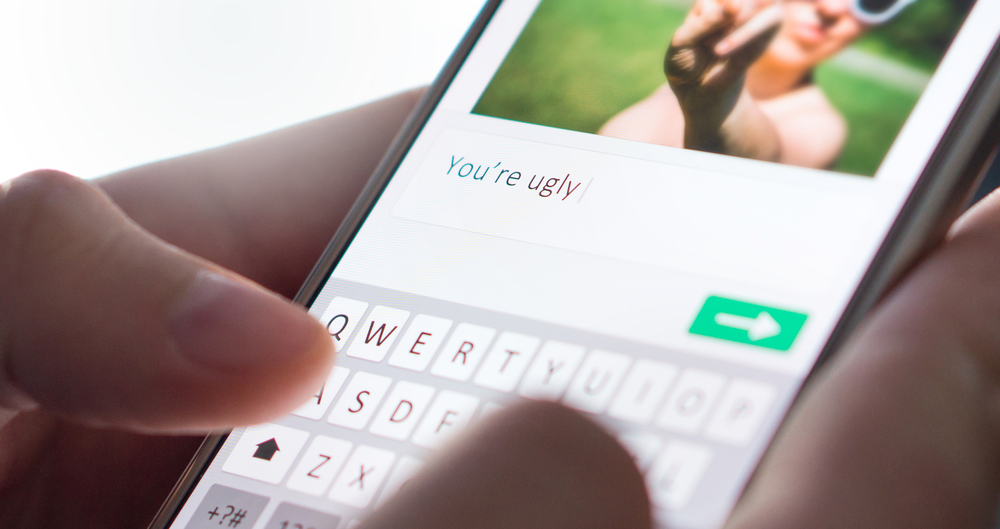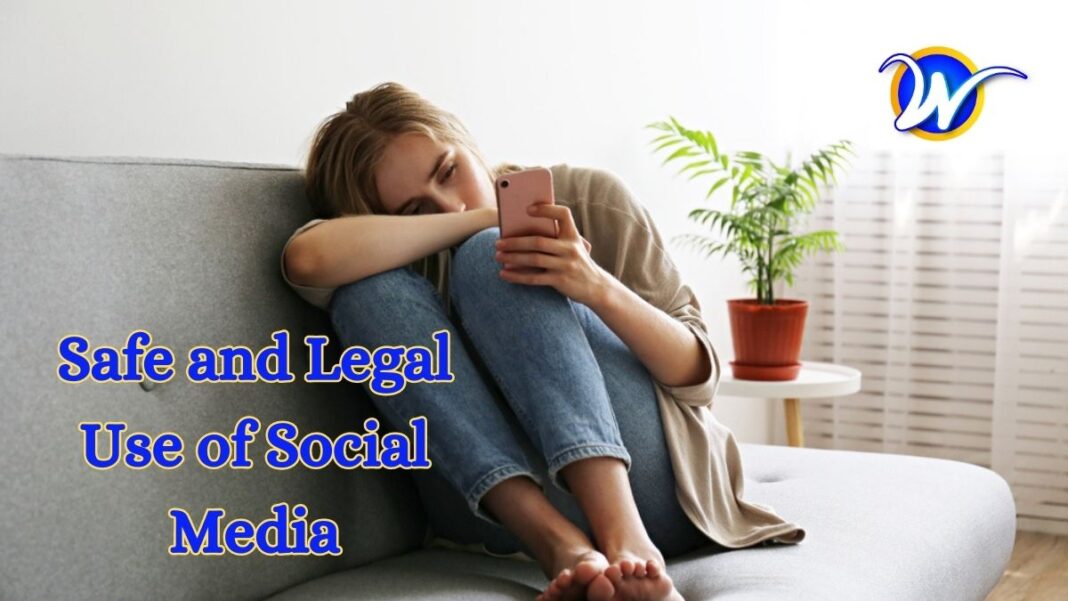In a very short amount of time (relatively speaking within the media and communications industry), social media has become the driving force of conversations the world over. ‘Going viral’ is a phrase used by every generation to describe the traction and engagement that a single post can create if its subject matter hits the right tone and topic of the current zeitgeist.
But having so much opportunity to speak to vast audiences the world over has created a myriad of issues relating to privacy, misinformation and disinformation, slander and defamation, copyright, and levels of abuse. Because the technology is new and evolving, the rules are being written, and rewritten, as we go along. Sometimes simple commonsense though needs to be applied to ensure you stay on the right side of the law.
Tips for Safe and Legal Use of Social Media
The checklist below will ensure that your experience on any social media platform is safe and legal.
Be kind and considerate
The trouble with social media is that, hidden behind a keyboard and behind a veil of possible anonymity, many people see this as a free rein to harass and bully those they don’t agree with. There are people in this world whose sole purpose is to jump into conversations that have nothing to do with them, to stir up trouble.
Dealing with bullies online is the same as dealing with them in real life. Ignore them. Deal with them with kindness and consideration. And ultimately block them.
If someone is being persistently aggressive and abusive, then make sure you take screenshots of the comments, then block and report them. With enough evidence, these people can be removed from social media platforms and prevented from opening new accounts.
Be Mindful of Privacy – Yours and other People’s
If you are having a private conversation with someone, respect that privacy. If they do not want you to broadcast your conversation, you should not. Equally, if someone is happy for you to share the contents of a conversation then make sure you get their permission beforehand.
In other respects, there are criminals around who can use the information you innocently and unwittingly give away in photos to whittle down the personal details you regularly use for secure access to things such as bank accounts, or to work out when you are away and when your home night be empty. Anything to do with your home address, your location, purchases, should be kept off social media to avoid unwanted attention.

Intellectual Property
While you might not be representative of any official publishing media, as an individual, you still have to comply with intellectual property. This means that if you share a photo, or a story, music, video or written content, you must, at the very least, attribute it to the original owner, and ensure that you have the rights to reproduce it. While sharing is common practice on social media – which is why there is a share button on most platforms, sharing something without explicit permission is illegal and could get you in trouble.
Online Stalking
It is a thin line between ‘following’ someone and stalking someone online. Whether done by a complete stranger, or an abusive ex-partner, it may be time to call in the lawyers. Abuse and harassment in any form are illegal, and the beauty of social media is that there is digital proof of every interaction that can be traced back to a physical address. Just because the abuse is behind a screen, does not make it any less traumatic and distressing for the victim.



